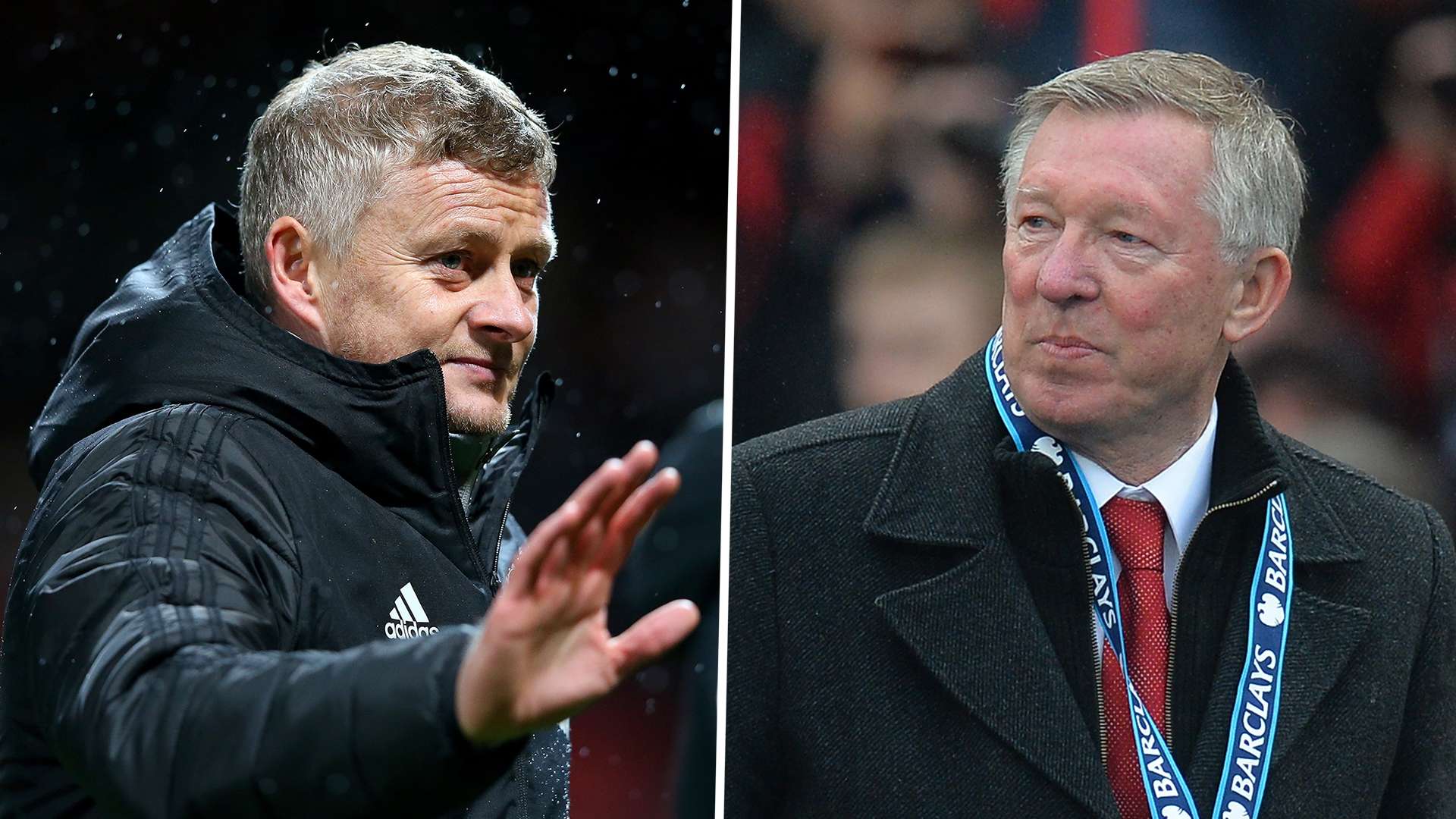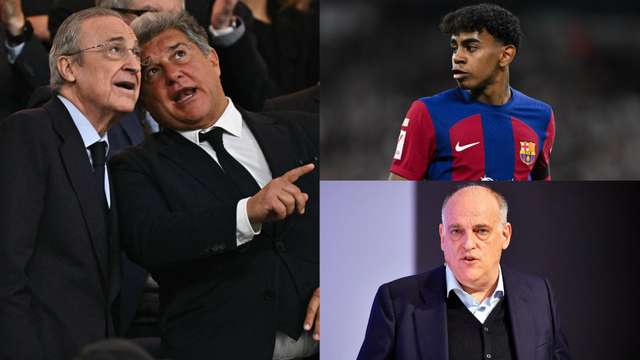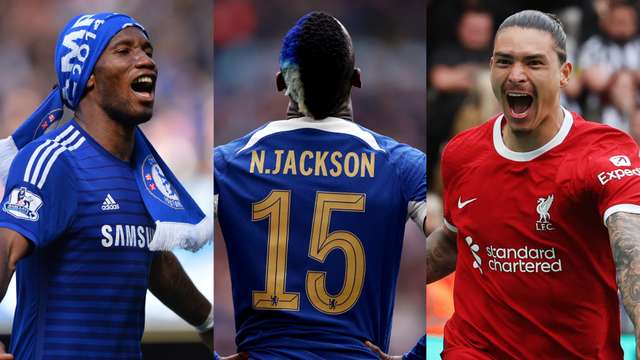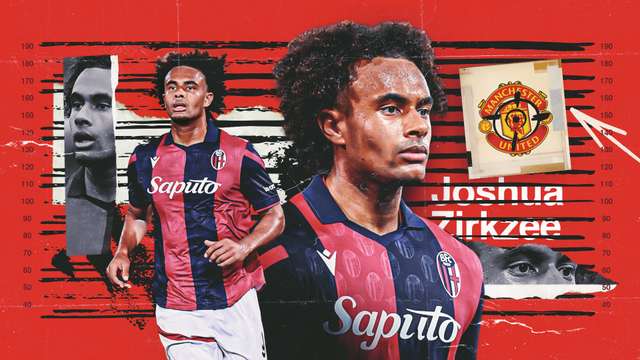One of the more curious aspects of Sir Alex Ferguson’s reign at Manchester United, when looking back from the vantage point of 2019, is the lack of an obvious tactical identity throughout most of his 26-year tenure.
Some notable themes began to emerge in the mid-to-late 2000s when Cristiano Ronaldo, Wayne Rooney, and Carlos Tevez formed a fluid counter-attacking front three. But even that’s a mostly imagined ideology applied retrospectively thanks to a couple of particularly memorable goals colouring the era.
There are no essential tactical characteristics running through his teams. You could say it was Ferguson’s biggest strength. Whereas Arsene Wenger’s dogmatic belief in his aesthetic possession game led to stagnation, Fergie’s tactics were flexible; open and listening as football’s patterns melted and reformed.
His durability is often credited to regular changes made to his backroom staff. Ferguson’s sides – though always contemporary – never swayed deep into a particular tactical identity.
This is most notable during the late 1990s, arguably the peak years and the period in which Ole Gunnar Solskjaer played at Old Trafford. Back then, the Premier League was a simpler place, a time before Champions League money caused a financial chasm and an ‘us-and-them’ landscape of possession versus counter.
Next Match
English football was not so territorial. Matches drifted. The ball was lumped from end to end. Teams pressed, sort of, but it lacked the order of today’s game, where teams swarm, compressing and decompressing.
Football was individualistic in tone and one-on-one battles defined its flow. Games were won and lost in moments that sprung out of nowhere; a long ball into the box, a sudden sprint down the left wing. And that’s why it’s hard to define exactly what Ferguson’s United were about.
They certainly weren’t an aggressively attacking side, famous instead for nicking matches with a late goal – or in other words for overcoming even contests by sheer force of personality.
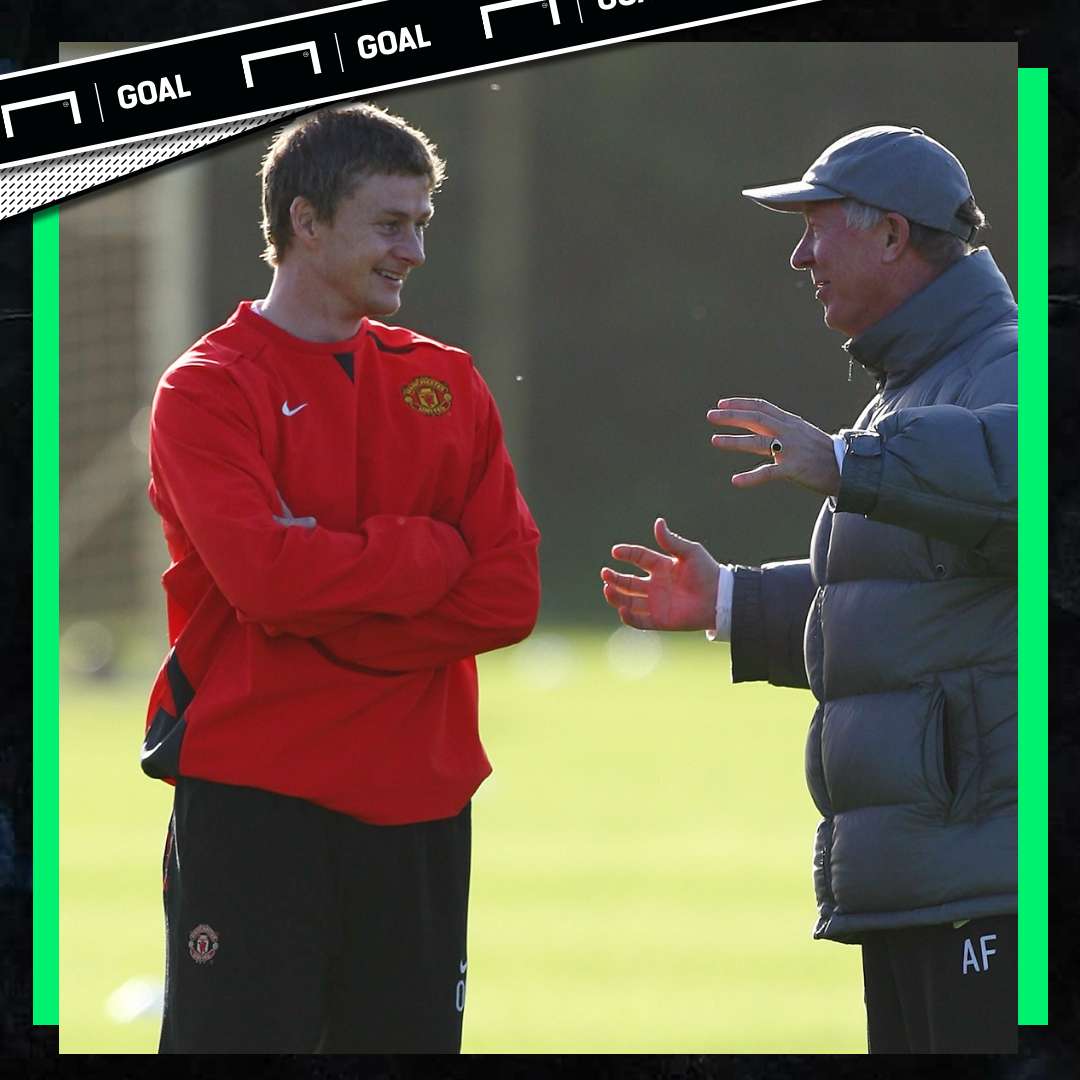 Getty
Getty
Looking back on the period between 1996 and 2003, Solskjaer’s peak years at the club, United won the league title five times – with 75, 79, 91, 80, and 83 points. It wasn’t domination in the modern sense of the word.
What Ferguson teams did best – thanks to charismatic leaders and talented individualist attackers – was suddenly change the tempo and win a tight game. The ball would bounce around, the players would do their jobs, and then: Ryan Giggs would sprint down the wing, or Dwight Yorke and Andy Cole would exchange a brilliant one-two, or David Beckham would deliver a perfect cross.
Every game was stretched, and every game was a low-tempo search for a killer moment. United – with the better players – generally won those moments. Pace and Power – it really meant something back then.
Solskjaer has made no secret of Ferguson’s influence on his management style since taking the job in December 2018. He’s also been open about his long-term plan to recapture those days by focusing on raw speed.
“Pace and power, Man United, that’s what we are,” he said in January. “When we have players like we have with pace... that’s how we played with Andy (Cole), Dwight Yorke, Ryan Giggs, and Becks down the sides. We attack quickly when you can. That’s my philosophy as well.”
But football has changed quite a bit. Only in his final few years did Ferguson have to adapt to what growing financial disparity and the popularisation of Spain’s ‘tiki-taka’ possession had created.
In 2019, elite clubs are forced to hold the majority of possession in the majority of their matches, while winning a league title means learning how to flat-track bully; how to pull apart a compact defensive blockade.
If there is one thing Solskjaer’s first year at the helm has taught us it’s that raw pace is a blunt weapon against a deep-lying defence. But the speed of Marcus Rashford, Anthony Martial, and James cannot be relied upon forever.
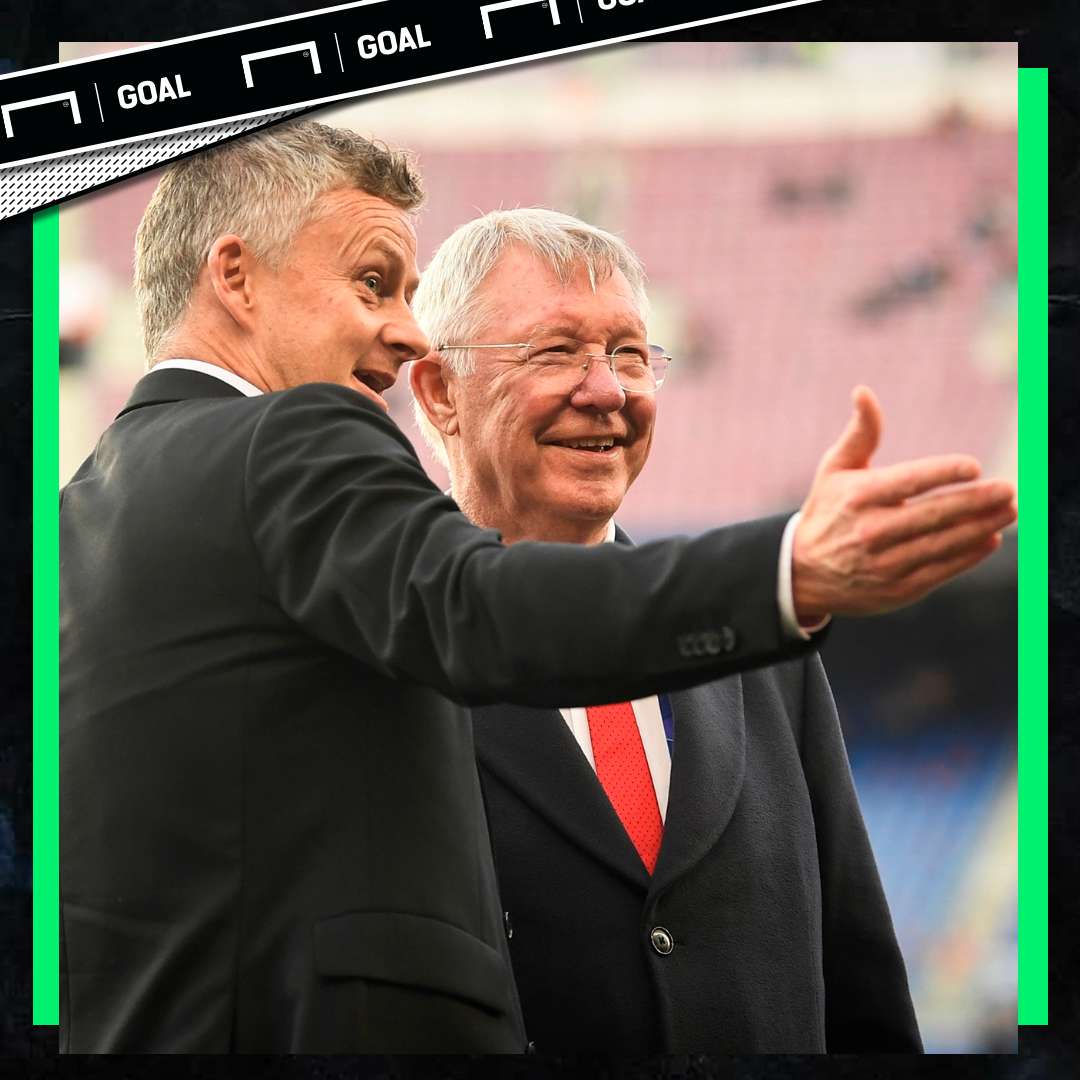 Getty
Getty
Beating Tottenham Hotspur and Man City is impressive, but we should not be suckered in by the romanticism of painting Manchester red or masterminding victories against ex-managers.
These ‘Big Six’ wins do not represent the building of a platform, but rather highlight an essential flaw built into the foundations. They do not signify progress, rather the impossibility of progress so long as the 1990s remains Solskjaer’s core influence.
Leaving aside the games in which United are able to sit deep, absorb pressure, and spring forward on the break, Solskjaer’s team look bereft of ideas. Matches are rarely won in those sudden moments, those bursts of pace, as they once were.
To excel one needs to coach specific attacking patterns in training, to formulate attacking passages while thinking several moves ahead – stretching the opposition shape and relentlessly testing their resolve.
By contrast, Solskjaer’s United roam listlessly, their passivity in possession betraying a lack of detailed coaching and the hope that, eventually, a gap will open up to beat a man on the outside or cross for an unmarked striker in the box. Paul Pogba’s importance to the team further emphasises their individuality; big clubs ought not to be relying on creativity conjured out of thin air.
Elsewhere, Solskjaer’s conservative use of full-backs and expansive formation – both wingers hug the touchline – suggest he wants to win like Beckham, Giggs, Yorke, and Cole: in short bursts, in improvisational battle-winning moments in the penalty area.
Ironically, they look quite a lot like a Man Utd team from the 1990s. If Solskjaer’s goal is to exorcise the Fergie years, well, he’s already done it. It’s just the rest of the world has moved on.
